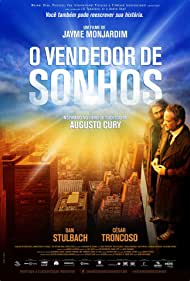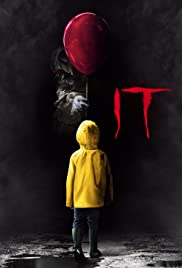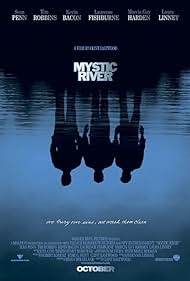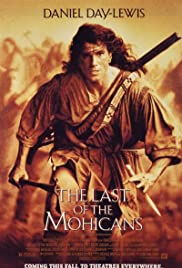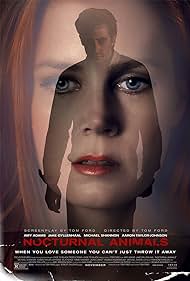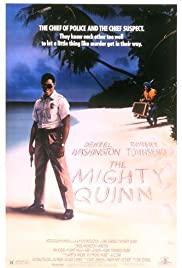Une fois que tu es né... Bande sonore (2005)

Acheter sur Amazon Jouer et télécharger des bandes sonores
Cuando naces ya no puedes esconderte
Once You're Born You Can No Longer Hide
Once You're Born You Can No Longer Hide
Once You're Born You Can No Longer Hide
Une fois que tu es né...
Une fois que tu es né...
Synopsis
The film is about a boy, named Sandro, at the middle stage of childhood and on the brink of understanding and knowledge of the adult world.
The values of society in Northern Italy to Sandro's Father seem important from the start and the materialistic values and consumerism culture is implied throughout the film through cars, motorbikes, money, clothes.
The plot involves Sandro being taken on a holiday aboard a small sailing boat by his Father and Father's friend, Popi.
The "boys break" takes a turn for the worst when Sandro goes out on deck in the middle of the night and falls over-board, to no one's knowledge.
He's lost at sea for what must be several hours, until he loses ability to stay awake waiting for his Father to return to save him, and he begins to sink.
Sandro is saved by an immigrant travelling aboard a large motor boat.
The driver of the boat, being a Southern Italian man, ugly in physical appearance as well as in nature, is ferrying up to 100 immigrants from the boarder of eastern Europe over to Italy.
Sandro becomes friends with a kurdish boy among the immigrants who speaks rough Italian and when they reach Italy his parents are informed of his whereabouts but Sandro wants to stay and do everything he can for the people who have become his kin.
The story addresses many different social and economical issues within Italy - the consumerism culture, the "only child", the innocence of childhood becoming the awakened adult, the metaphorical journey or awakening of the boy from wealthy Northern Italy, the issues of Immigration into Italy and the cruel conditions of the smuggled foreigners.
Télécharger et écouter la liste de la bande sonore
| Jouer | Titre | Artiste |
|---|---|---|
|
Une fois que tu es né...
|
||
|
To the edge of the earth
|
Michael Nyman:
De la bande originale pour piano (1993)
|
|

